Business
Powering the Future: Global Energy Titans Set to Gather in Lagos for West Africa’s Clean Energy Shift
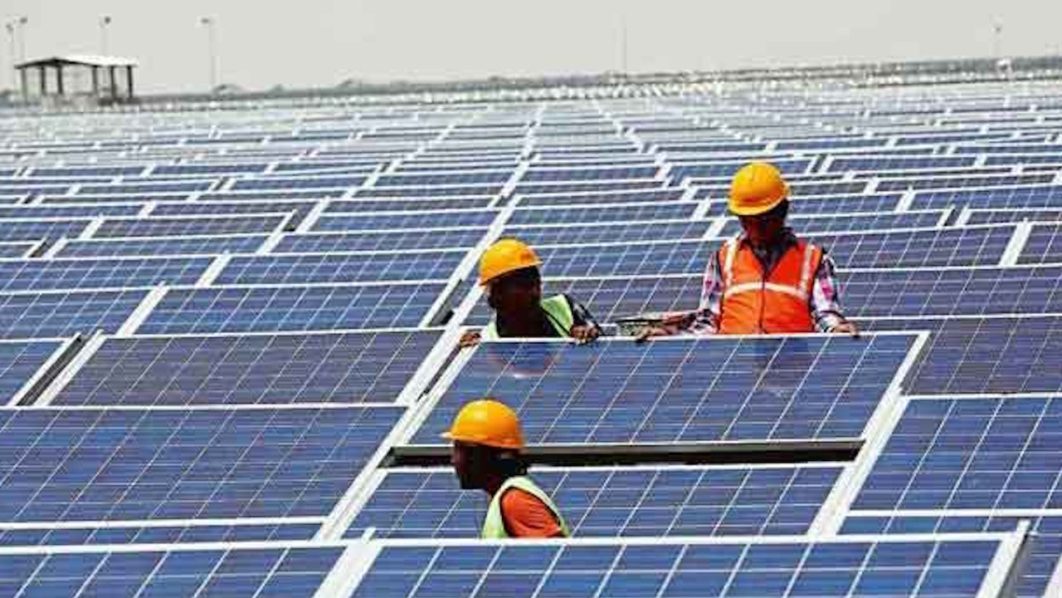
The 6th West Africa LPG Expo 2025 is set to gather global and regional energy leaders, stakeholders, and clean energy advocates in Lagos to shape the region’s clean energy transition. Taking place on March 3–4, 2025, at the Balmoral Convention Center, Victoria Island, this flagship event highlights the pivotal role of liquefied petroleum gas (LPG) as a transformative energy solution for West Africa.
As the largest event of its kind, this year’s expo will feature over 100 local and international exhibitors, showcasing cutting-edge innovations in the LPG sector. Building on the success of previous editions—attended by 3,000 industry professionals and 80 top speakers—the 2025 expo promises to be the most impactful yet.
Key highlights include:
- The Region’s Largest LPG Exhibition: Explore innovations and solutions from leading energy players.
- Influential Conference Sessions: Hear from 50+ expert speakers, including government representatives, global investors, consultants, and key LPG industry leaders.
- Networking Opportunities: Connect with industry professionals and stakeholders shaping West Africa’s energy future.
The event is supported by leading organizations such as the Nigeria Liquefied and Compressed Gas Association (NLCGA), Nigerian Gas Association, and the World Liquefied Gas Association (WLGA).
Driving Nigeria’s Clean Energy Leadership
As Africa’s second-largest LPG producer, Nigeria is leading the continent’s clean energy transition. Under the Nigerian Energy Transition Plan, the nation is making significant strides toward achieving net-zero emissions by 2060, with investments in LPG infrastructure aimed at boosting production, reducing imports, and increasing accessibility.
Neighboring countries like Ghana, Senegal, and Ivory Coast are also leveraging LPG to meet Africa’s 2030 clean cooking goals, reducing reliance on biomass and advancing sustainable energy practices.
Spotlight on Compressed Natural Gas (CNG)
Alongside the LPG Expo, the 2nd CNG Africa, Nigeria 2025, will highlight Nigeria’s Presidential Compressed Natural Gas Initiative (Pi-CNG). This initiative aims to expand the adoption of Natural Gas Vehicles (NGVs), with a target of reaching one million NGVs by 2026, showcasing the economic and environmental benefits of compressed natural gas (CNG).
With a proven track record of fostering collaboration and innovation in the LPG sector, the West Africa LPG Expo continues to champion sustainable energy solutions, driving the clean energy revolution in the region and beyond.
Business
Lagos Pushes Urban Agriculture Agenda, Sensitises Key Stakeholders
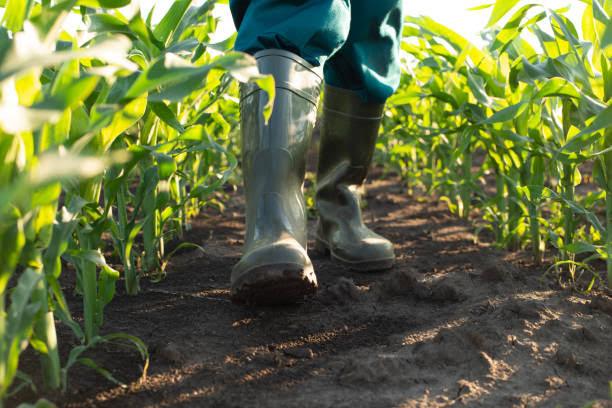
The Lagos State Government, through the State Agricultural Development Authority (LSADA), has called for the adoption of integrated urban farming solutions to address food insecurity and promote sustainable food systems across the state.
This call was made during a one-day Stakeholders’ Workshop on Urban Agriculture held at the Fresh Food Hub, Idi-Oro, Mushin. The workshop aimed to sensitise Heads of Agriculture Units from the 57 Local Government and Local Council Development Areas (LCDAs), as well as environmental health officers, on the strategic importance of urban agriculture.
Commissioner for Agriculture and Food Systems, Ms. Abisola Olusanya—represented by Dr. Rasheed Macaulay, Director of Veterinary Services—stressed the urgency of promoting urban agricultural land use and increasing grassroots awareness. She said that cascading this knowledge with the right education and technical support was vital for building a sustainable food future.
“Integrating agriculture into urban landscapes reduces reliance on external food sources, cuts down transportation costs, and improves access to fresh, nutritious produce,” Olusanya said. “The Lagos State Government, through the Ministry of Agriculture and Food Systems and its agencies, is fully committed to this vision. We are developing enabling policies, strengthening extension services, supporting innovation, and partnering with local councils to scale up urban farming across the state.”
She also noted that urban agriculture must evolve from small pilot schemes to being embedded in schools, homes, markets, and faith-based institutions.
LSADA Programme Manager, Mr. Alade Aliru, highlighted the benefits of cultivating food close to where it is consumed. He explained that this approach reduces the environmental impact of food transportation while fostering greener, healthier cities.
“This workshop is designed to engage stakeholders on the opportunities and practical strategies for implementing urban agriculture in their local communities,” Aliru said. “From backyard gardens to vertical farms and container planting, urban agriculture is becoming a key part of our evolving food ecosystem.”
Also speaking at the event, the Permanent Secretary of the Ministry, Emmanuel Fatai Audu—represented by Director of Fisheries, Mr. Daisi Agarrey—emphasized that rapid urbanisation has placed immense pressure on land and food systems. He described urban farming as a strategic response.
“Urban agriculture is no longer a choice—it is a necessity,” Audu stated. “It’s not just about growing food; it’s about building healthier communities, greener environments, and resilient livelihoods.”
The workshop forms part of Lagos State’s broader commitment to sustainable development and environmental resilience through innovative agricultural practices.
Business
Sanwo-Olu Gets EU Nod for €410m ‘Omi Eko’ Urban Water Initiative

Lagos State Governor, Babajide Sanwo-Olu, on Thursday hosted the European Union (EU) Ambassador to Nigeria and ECOWAS, Mr. Gautier Mignot, for a high-level meeting focused on strengthening Lagos-EU cooperation and multilateral business relations.
The meeting, held at the State House in Marina, centred around the landmark ‘Omi Eko’ initiative — a transformative project aimed at upgrading Lagos’ inland waterways into a world-class transportation system.
Estimated at €410 million, the ‘Omi Eko’ project is being co-financed through public-private partnerships involving the EU, French Development Agency (AFD), European Investment Bank (EIB), and the Lagos State Government. All partners will jointly oversee its execution.
Governor Sanwo-Olu expressed satisfaction with the project’s progress following the completion of feasibility studies and confirmed that construction is slated to begin next month.
“With the ‘Omi Eko’ project, we are poised to expand our transportation infrastructure and provide residents with faster, more efficient travel options. This initiative includes the construction of new terminals, deployment of high-capacity electric boats, and enhanced safety systems on our waterways,” Sanwo-Olu stated.
“This is a legacy project that aligns with our vision of an integrated and sustainable urban mobility network. We aim to begin implementation promptly and make visible progress within our administration’s tenure.”
The Governor added that the project would unlock the economic potential of Lagos’ aquatic resources, boost tourism, attract foreign investment, and create jobs. He urged all stakeholders to ensure the timely release of funds and expedite the procurement of construction materials.
Sanwo-Olu also lauded the EU-owned Infrastructure Development Bank’s plans to enter Nigeria’s financial ecosystem, describing it as a welcome development that would further stimulate economic growth.
Ambassador Mignot, leading the EU delegation from Abuja, confirmed the EU’s full commitment to the project. “We bring good news from the EIB and AFD — we are ready to sign the necessary agreements to launch the €410 million ‘Omi Eko’ project. A formal groundbreaking ceremony is scheduled for the end of June,” he announced.
He praised Lagos State’s dedication to its EU partnership, noting that a significant share of European economic activity in Nigeria is concentrated in Lagos. Mignot also revealed plans to strengthen economic ties through a revitalized European Chamber of Commerce and more strategic investment partnerships, especially in the tech sector, where German agency GIZ is already active.
Business
Lagos’ GDP Soars to $259B, Becomes Africa’s 2nd Largest City Economy
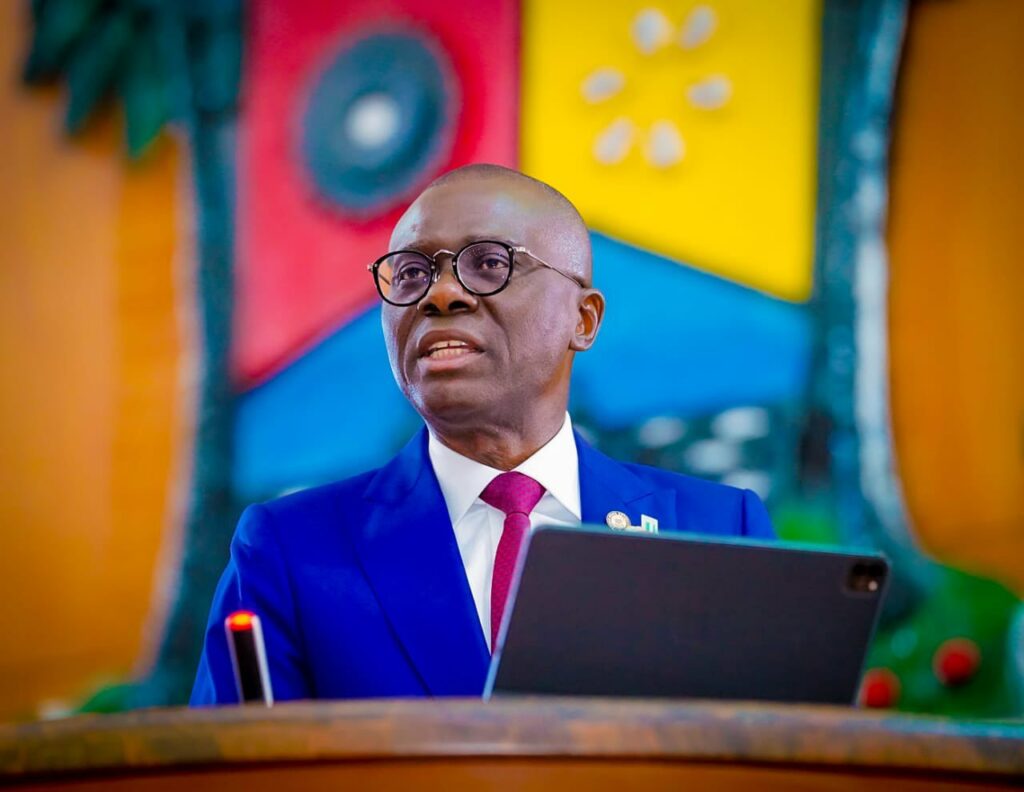
Lagos State has solidified its status as one of Africa’s top economic powerhouses, with its Gross Domestic Product (GDP) reaching an impressive $259 billion based on Purchasing Power Parity (PPP). This milestone places Lagos as the second-largest city economy on the continent, following Cairo, Egypt.
The announcement was made during the official launch of the Lagos Economic Development Update (LEDU) 2025 on Wednesday. According to the report, Lagos State’s GDP stood at $259.75 billion in 2023, reinforcing its role as Nigeria’s commercial and financial hub.
Lagos Economic Growth in 2024
Lagos recorded significant economic growth in the first half of 2024, expanding to ₦27.38 trillion, up from ₦19.65 trillion in 2023. This strong performance underscores the state’s resilience amid economic reforms and ongoing infrastructure development.
Despite this expansion, Lagos’ tax-to-GDP ratio remains low at 2.3%, highlighting the need for improved revenue generation strategies.
Key Lagos 2025 Budget Projections
Looking ahead, Lagos State is poised for further economic expansion in 2025, with the following key projections:
- GDP Growth: Expected to increase from ₦54.77 trillion in 2024 to ₦66.47 trillion in 2025, with real GDP growth estimated between 5.02% and 6.49%.
- Sectoral Growth: The services sector will continue leading growth, supported by agriculture and industrial production. Stability in fuel prices and exchange rates is expected to enhance economic performance.
- Inflation Forecast: Headline inflation is projected at 34.2%, while food inflation may rise slightly to 34.9%.
- Revenue Projections: The Lagos State Government aims to generate ₦2.79 trillion in revenue for 2025, emphasizing fiscal discipline and revenue diversification.
Investment & Business Opportunities in Lagos
As Nigeria’s largest economy, Lagos remains a prime destination for investors, particularly in infrastructure, technology, real estate, and manufacturing. However, challenges such as inflation, forex volatility, and infrastructure gaps must be addressed to ensure long-term growth.
Sanwo-Olu Grants Approval for Construction of First Bank’s New Headquarters
Upcoming Changes: Nigeria’s GDP Rebasing
The National Bureau of Statistics (NBS) is set to rebase Nigeria’s GDP in 2025, shifting the base year from 2010 to 2019. This update will enhance economic measurement by incorporating:
- Digital economy growth (e-commerce, fintech, and online services).
- Emerging industries (modular refineries, pension funds, and quarrying).
- Social sector activities (NHIS and NSITF programs).
Lagos’ economic trajectory remains strong, positioning it as a key player in Africa’s evolving financial landscape.
-
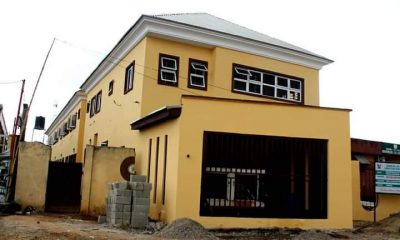
 Conference 577 months ago
Conference 577 months agoAgbado/Oke-Odo LCDA: A Hub of Transformation Under Chairman Famuyiwa
-
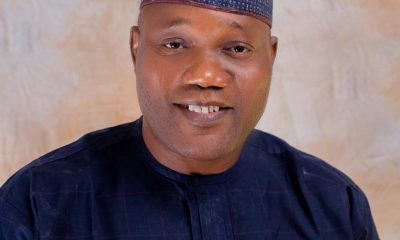
 Conference 5710 months ago
Conference 5710 months agoOjokoro LCDA: A Hub of Development and Progress
-

 entertainment11 months ago
entertainment11 months agoRHOLagos Season 3 Unveiled: Sophia Momodu, Dabota Lawson & Adeola Diadem Join the Drama!
-

 news11 months ago
news11 months agoThe Future of Football: Top Academies in Lagos Shaping Nigeria’s Next Stars
-
Conference 5710 months ago
Agege Local Government: A Thriving Hub of Progress, Leadership, and Growth
-
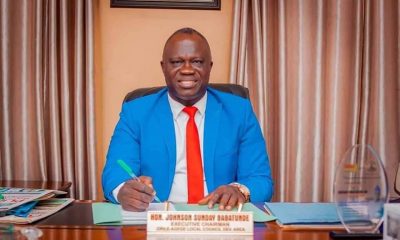
 Conference 5710 months ago
Conference 5710 months agoOrile Agege LCDA: A Model of Growth and Development in Lagos
-
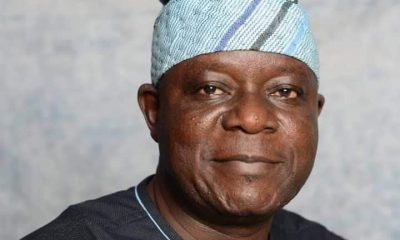
 Conference 577 months ago
Conference 577 months agoTransforming Communities: Inside the Leadership of Igando-Ikotun LCDA
-
lifestyle11 months ago
Rasaq Okoya at 85: Celebrating the Legacy of a Nigerian Business Icon




